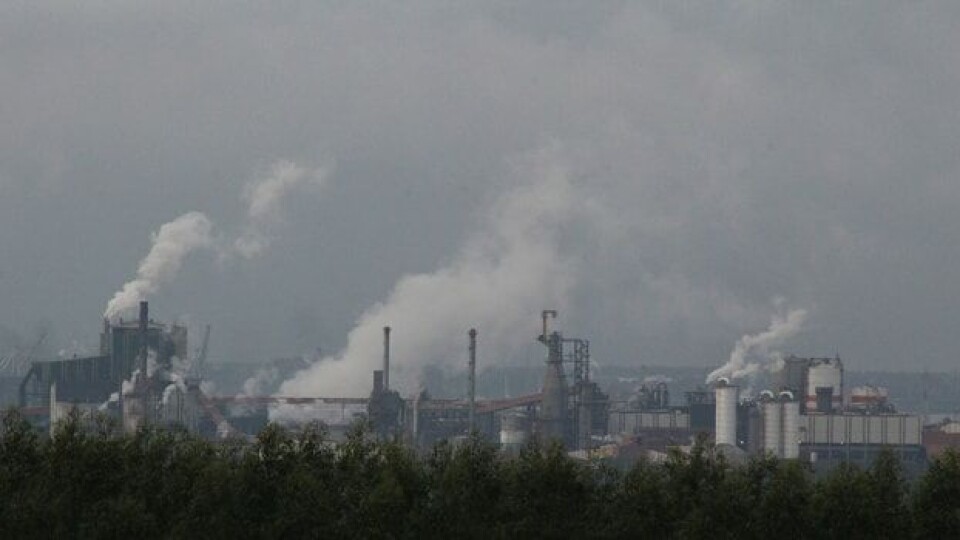The Law Division of the United Nations Environment Programme has reported a sharp increase in the number of litigants turning to courts around the world to hold governments and corporations to account for the climate change crisis.
According to the latest Global Climate Litigation Report, there were at least 884 climate change cases in 24 countries in 2017. The number of these cases surged to around 1 550 in 38 countries in 2020.
The report, prepared by legal experts at the United Nations Environment Programme (UNEP) and Columbia University, summarises some of the most significant legal cases in this arena and also describes five broad types of climate litigation that are becoming common.
The emerging trends are important for Africa, a continent predicted to face disproportionate impacts from rising global temperatures, floods and other severe weather events.
“To date, no court has ordered a defendant to pay damages for climate harms caused by a defendant’s contribution to climate change, but a number of ongoing cases seek just that,” the report says, noting that it remains a challenge for both parties to show that a particular extreme weather event was or was not caused by climate change.
However, due to the inadequacy of government action and alleged malfeasance and negligence by corporate actors, the report suggests that there is potential for this emerging litigation trend to result in “game-changing” decisions.
So far, the overwhelming number of climate change cases have been filed in the United States and other developed nations, but the report examines at least two cases from Africa.
In Save Lamu et al. v. National Environmental Management Authority and Amu Power Co. Ltd, Kenya’s National Environmental Tribunal invalidated a licence granted to the Amu Power Company for the construction of the Lamu Coal Power Station. The tribunal found that the licence was issued without proper and meaningful public participation in the process, and it ordered the power company to conduct a new EIA that complied with all applicable legislation, including Kenya’s Climate Change Act and other relevant laws.
In the South African case, Philippi Horticultural Area Food & Farming Campaign v. MEC for Local Government, Environmental Affairs and Development Planning the plaintiffs filed a lawsuit challenging an administrative decision allowing urban development in a designated horticultural area, alleging that the decision failed to adequately consider climate impacts on a local aquifer.
The South African High Court remanded the administrative decision with instructions to, among other things, reconsider the decision’s effect on existing rights related to the aquifer in the context of climate change and water scarcity.
Arnold Kreilhuber, acting director of UNEP’s Law Division, said he believed that judges and courts have an essential role to play in addressing the climate crisis and that in the coming years, UNEP expected to see further litigation against companies for misreporting climate risks; against governments for failing to adapt to extreme weather events, and cases brought to enforce previous court decisions.
UNEP also predicts an increase in “climate migrant” actions involving people displaced by global climate change impacts.
The full report can be downloaded here
To join Africa Legal's mailing list please click here

